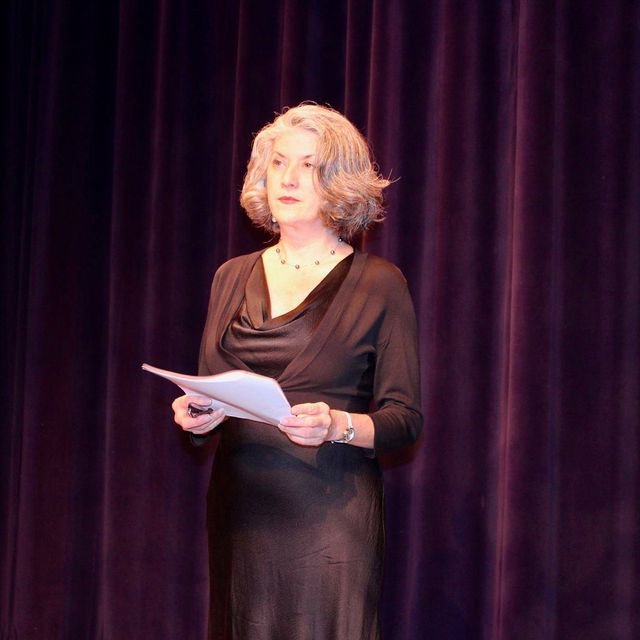
Reading of “the dancer” at The Brandy Bar on April 12th, 2023 accompanied by Mr. Jimmy
Good News!
My latest poetry book entitled
HONEST SONNETS:
memories from an unorthodox childhood in verse
published by Kelsay Books in July 2023
It's official!
My debut poetry chapbook
WET UNDERBELLY WIND
is available online through Finishing Line Press or on Amazon.
The book was released in November 2022.
Nicole Farmer is a writer and poet living in Asheville, NC. Her poems have been published in over forty magazines including Peregrine, The Closed Eye Open, The Amistad, Quillkeepers Press, Capsule Stories, Haunted Waters Press, Sheepshead Review, Roadrunner Review, Wild Roof Journal, Bacopa Literary Review, Great Smokies Review, Kakalak Review, 86 Logic, Wingless Dreamer, Inlandia Review, In Parentheses, and others.
Nicole was awarded the First Prize in Prose Poetry from the Bacopa Literary Review in 2020 and has just published her first chapbook, entitled Wet Underbelly Wind, through Finishing Line Press. Her next volume of poetry, Honest Sonnets: memories from an unorthodox childhood in verse will be published by Kelsay Books in 2023. Way back in the 90s she graduated from The Juilliard School of Drama. You can find her dancing barefoot in her driveway during the full moon.





